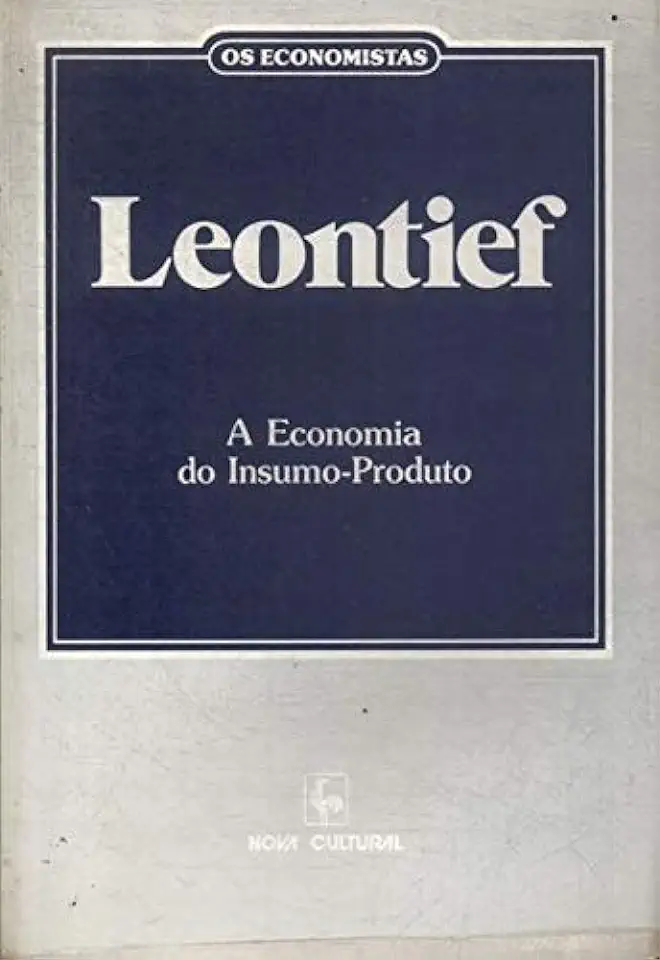
The Economists: Wassily Leontief and the Input-Output Economics
The Economists: Wassily Leontief and the Input-Output Economics
A Pioneering Work in Economic Analysis
In "The Economists: Wassily Leontief and the Input-Output Economics", author Robert Dorfman presents a comprehensive and engaging account of the life and work of Wassily Leontief, one of the most influential economists of the 20th century. This book offers a fascinating exploration of Leontief's groundbreaking contributions to economic analysis, particularly his development of input-output economics, which revolutionized the way economists understand and analyze the complex interdependencies within an economy.
Leontief's Early Life and Influences
Born in St. Petersburg, Russia, in 1906, Wassily Leontief was exposed to a rich intellectual environment from an early age. His father, a prominent economist, instilled in him a passion for economic analysis. Leontief's education took him to Germany, where he studied under some of the leading economists of the time, including Werner Sombart and Joseph Schumpeter. These early influences shaped Leontief's intellectual development and laid the foundation for his groundbreaking work in economics.
The Development of Input-Output Economics
Leontief's most significant contribution to economics was the development of input-output economics, a groundbreaking analytical framework that allows economists to understand the intricate relationships between different sectors of an economy. This framework, also known as the Leontief model, provides a detailed picture of how industries interact and depend on each other, enabling policymakers to make informed decisions about economic policies and resource allocation.
Applications and Impact of Input-Output Economics
The input-output model has had a profound impact on various fields of economics, including economic planning, international trade, and environmental economics. It has been widely adopted by governments, businesses, and international organizations to analyze economic systems and make informed decisions. Leontief's work has also influenced the development of other economic models, such as computable general equilibrium (CGE) models, which further enhance our understanding of economic systems.
Leontief's Legacy and Recognition
Wassily Leontief's contributions to economics were widely recognized and celebrated throughout his career. He received numerous prestigious awards, including the Nobel Prize in Economic Sciences in 1973 for his pioneering work on input-output economics. Leontief's legacy continues to inspire and influence economists and policymakers around the world, and his input-output model remains a fundamental tool in economic analysis.
Why You Should Read "The Economists: Wassily Leontief and the Input-Output Economics"
"The Economists: Wassily Leontief and the Input-Output Economics" is a must-read for anyone interested in the history of economic thought, economic analysis, and the development of economic models. Robert Dorfman's engaging narrative brings Leontief's life and work to life, providing readers with a deep understanding of the intellectual journey that led to the development of input-output economics. This book is a valuable resource for economists, policymakers, and anyone seeking to gain insights into the complex workings of economic systems.
Conclusion
Wassily Leontief's pioneering work in input-output economics has had a profound impact on the field of economics and continues to shape our understanding of economic systems. "The Economists: Wassily Leontief and the Input-Output Economics" offers a comprehensive and engaging exploration of Leontief's life and contributions, making it an essential read for anyone interested in economic analysis and the history of economic thought.